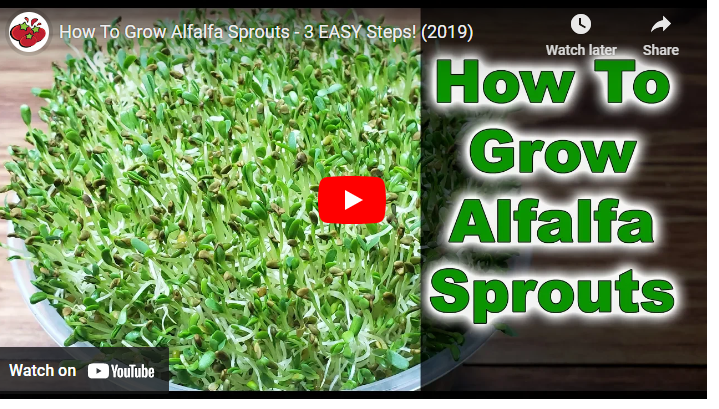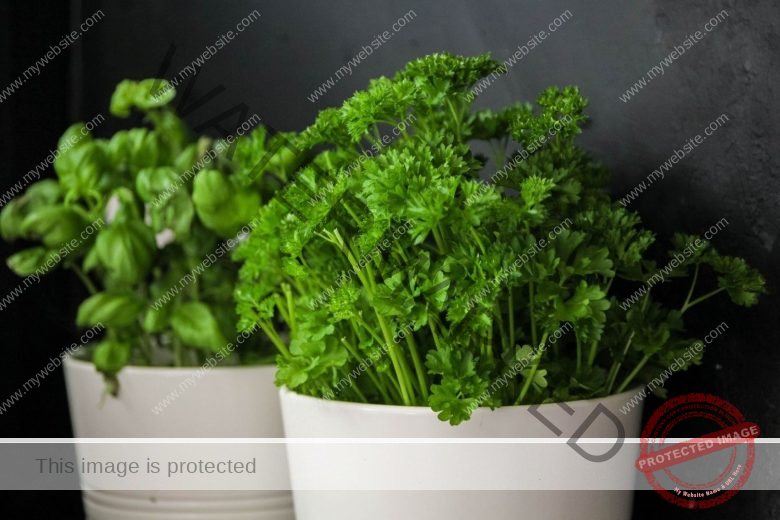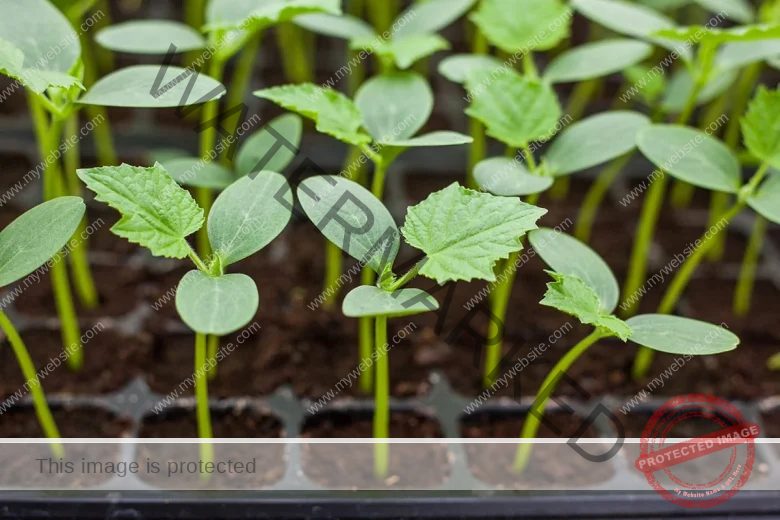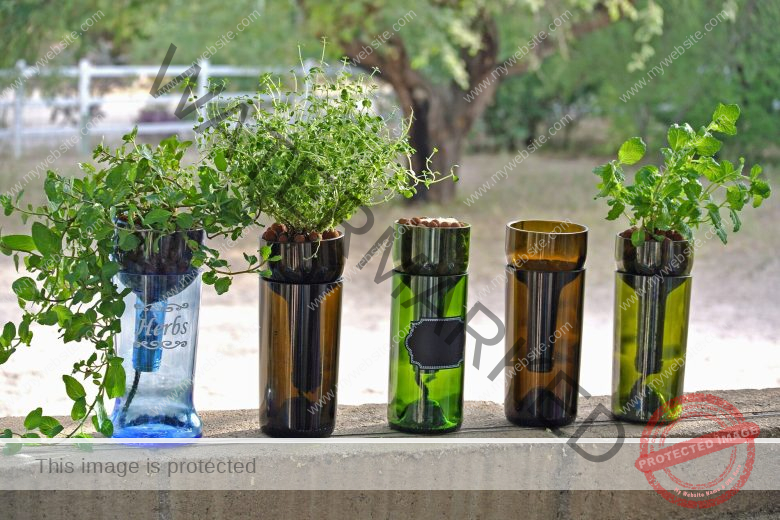Are you looking to add a nutritious and delicious ingredient to your meals? Sprouted alfalfa seeds might just be the perfect addition. Alfalfa sprouts are packed with vitamins, minerals, and enzymes, making them a healthy choice for salads, sandwiches, and more.
To sprout alfalfa seeds, rinse them thoroughly and soak them in water for about 4-6 hours. Drain the water, spread the seeds evenly on a sprouting tray or a jar with a sprouting lid, and rinse them twice a day until they develop sprouts, which usually takes around 4-6 days.
In this step-by-step guide, we will walk you through the process of sprouting alfalfa seeds at home. Let’s get started!
How to Sprout Alfalfa Seeds Step by Step Guide
Alfalfa seeds are tiny powerhouses of nutrition. They are derived from the alfalfa plant, scientifically known as Medicago sativa. These seeds are rich in essential nutrients, including vitamin K, vitamin C, vitamin A, and various minerals. Sprouting alfalfa seeds enhances their nutritional profile and makes them easier to digest.
Step 1: Selecting High-Quality Alfalfa Seeds
To ensure successful sprouting, start with high-quality alfalfa seeds. Look for organic, non-GMO seeds from a reputable source. Check the expiration date and choose seeds that are within their freshness period.
Step 2: Preparing the Sprouting Equipment
- Before you begin the sprouting process, gather the necessary equipment. You will need:
- Wide-mouthed glass jar or sprouting tray
- Cheesecloth or mesh screen
- Rubber band
- Water
- Thoroughly clean and sterilize the jar or sprouting tray to prevent the growth of harmful bacteria.
Step 3: Soaking the Alfalfa Seeds
Measure a tablespoon of alfalfa seeds and place them in the clean jar. Add water to the jar, ensuring that the seeds are completely submerged. Soak the seeds for 4 to 6 hours.
Step 4: Rinsing and Draining the Seeds
After soaking, drain the water from the jar by using the cheesecloth or mesh screen to strain the seeds. Rinse the seeds thoroughly with clean water, making sure to remove any debris. Drain the water completely to prevent excess moisture.
Step 5: Sprouting the Alfalfa Seeds
Place the rinsed and drained seeds back into the jar. Cover the jar with the cheesecloth or mesh screen and secure it with a rubber band. Position the jar in a well-ventilated area away from direct sunlight.
Step 6: Rinse and Drain the Sprouts
For the next few days, rinse the sprouts twice a day with clean water. Gently swirl the water around to ensure all the sprouts are thoroughly rinsed. Drain the water completely to prevent mold or bacterial growth.
Step 7: Harvesting the Sprouted Alfalfa Seeds
After about 4 to 6 days, the alfalfa sprouts will be ready for harvesting. The sprouts should have developed small leaves and a crisp texture. Rinse the sprouts one final time, remove any remaining hulls, and pat them dry.
Step 8: Storing and Using Sprouted Alfalfa Seeds
Once harvested, store the sprouted alfalfa seeds in an airtight container in the refrigerator. They can stay fresh for up to a week. Add these nutritious sprouts to salads, sandwiches, stir-fries, or any other dish you desire.
Troubleshooting Common Issues
Mold growth: If you notice mold on the sprouts, discard the entire batch and thoroughly clean the sprouting equipment before starting again.
Slimy sprouts:
Sliminess indicates bacterial growth. Ensure proper drainage and ventilation during the sprouting process.
Slow sprouting:
If your sprouts are taking longer to grow, check the temperature and make sure they are getting enough water and fresh air.
Safety Precautions
While sprouting alfalfa seeds at home is relatively safe, it’s important to follow these safety precautions:
- Use clean, sanitized equipment to prevent bacterial contamination.
- Wash your hands thoroughly before handling the seeds or sprouts.
- Consume the sprouts within a week to avoid spoilage or bacterial growth.
Can I eat alfalfa seeds without sprouting them?
While alfalfa seeds can be consumed without sprouting, sprouting enhances their nutritional value and digestibility.
Can I use sprouted alfalfa seeds in smoothies?
Yes, sprouted alfalfa seeds can be added to smoothies to boost their nutritional content.
Can I freeze sprouted alfalfa seeds?
It is not recommended to freeze sprouted alfalfa seeds as they may lose their texture and taste.
Are sprouted alfalfa seeds safe for pregnant women?
Pregnant women should exercise caution and consume sprouts that have been properly washed and cooked to reduce the risk of foodborne illnesses.
Can I grow sprouts in soil instead of using a jar or tray?
Yes, you can grow alfalfa sprouts in soil, but it requires a different method and may require additional care.
Conclusion
Sprouting alfalfa seeds is a simple and rewarding process that allows you to enjoy the nutritional benefits of these tiny powerhouses. By following the step-by-step guide outlined above, you can grow fresh and delicious sprouted alfalfa seeds right in your own home.
Add them to your favorite dishes and experience the burst of flavor and nutrition they provide. Start sprouting today and enjoy the benefits of this superfood!




